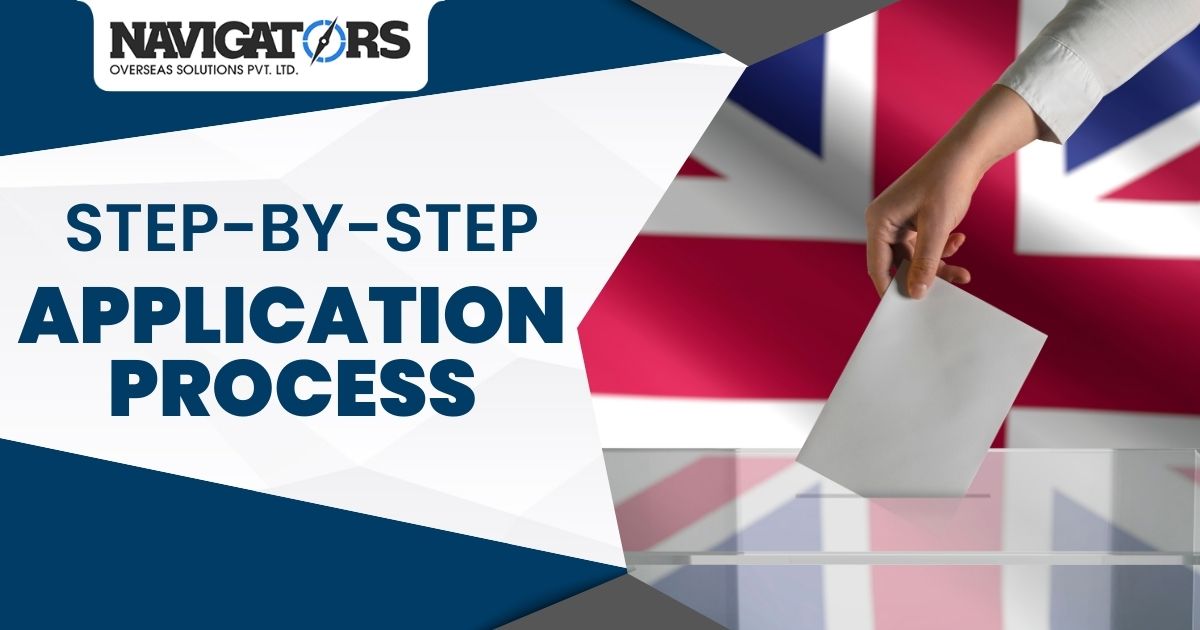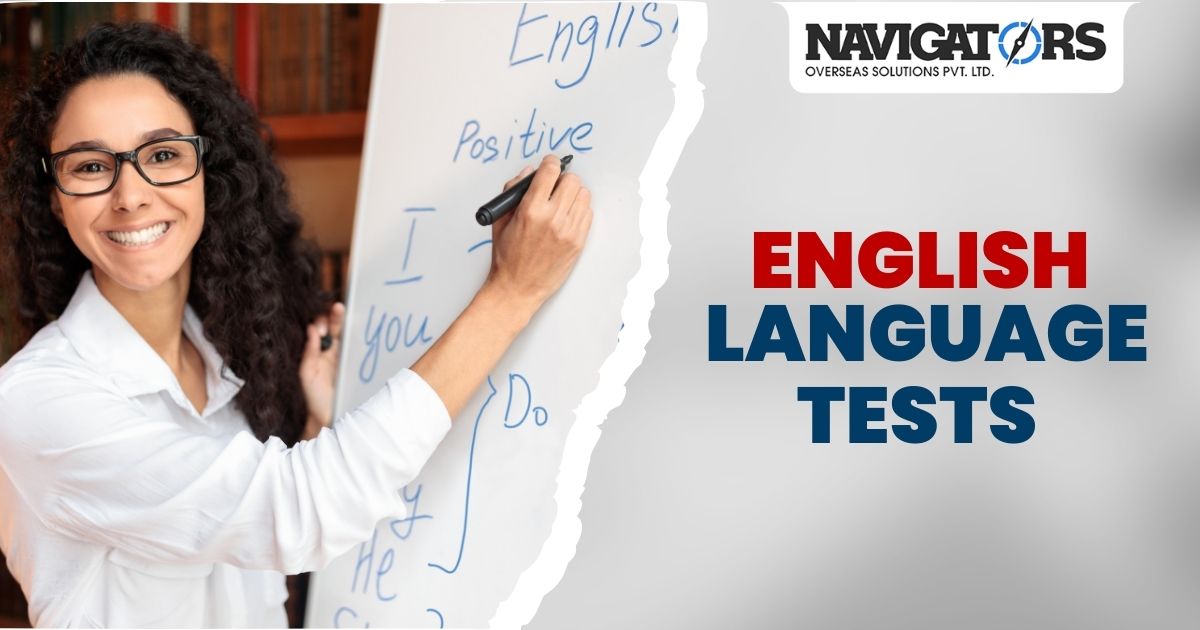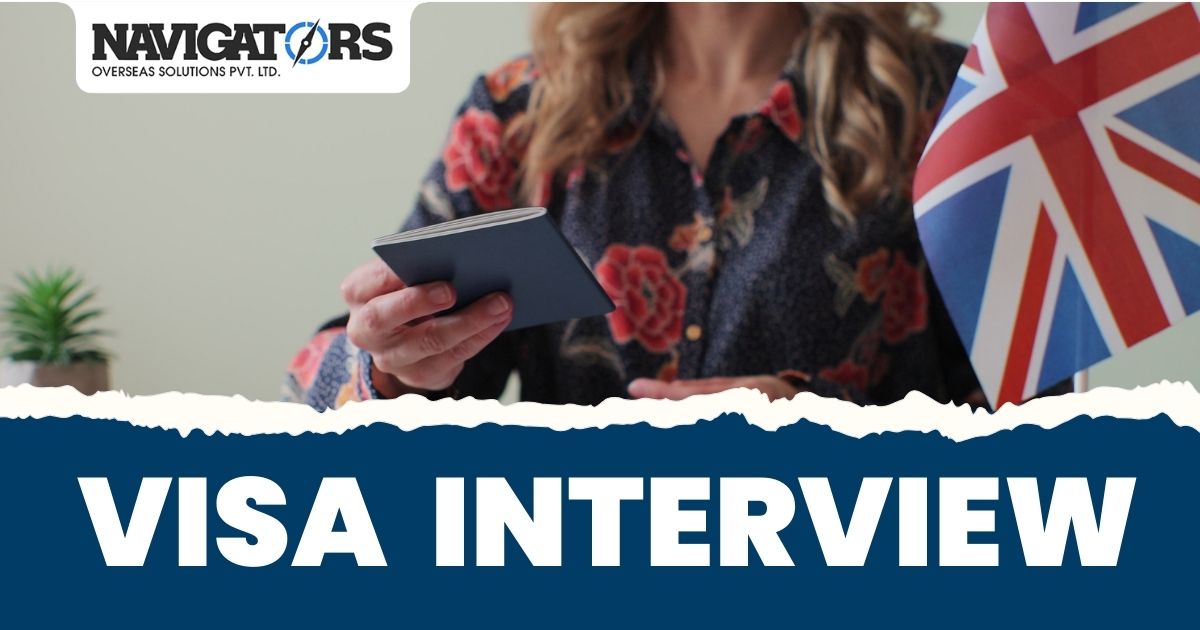- SCO 99, Sector 44-C, Chandigarh, India-160047
- +91 98090 90908
- navigators@ymail.com
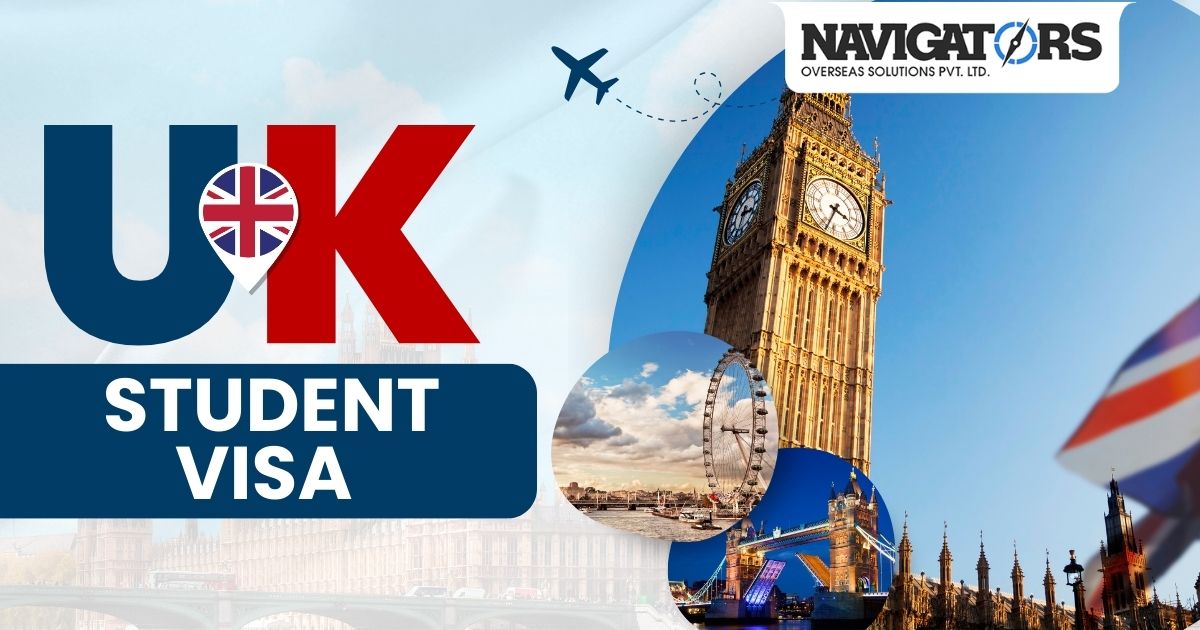 Studying in the UK is a dream for many international students. With its world-renowned universities and diverse culture, the UK offers an unparalleled educational experience. However, it would help if you secured a UK student visa before you embark on this academic adventure. This guide will walk you through the process, ensuring you have all the information you need to apply successfully.
Studying in the UK is a dream for many international students. With its world-renowned universities and diverse culture, the UK offers an unparalleled educational experience. However, it would help if you secured a UK student visa before you embark on this academic adventure. This guide will walk you through the process, ensuring you have all the information you need to apply successfully.

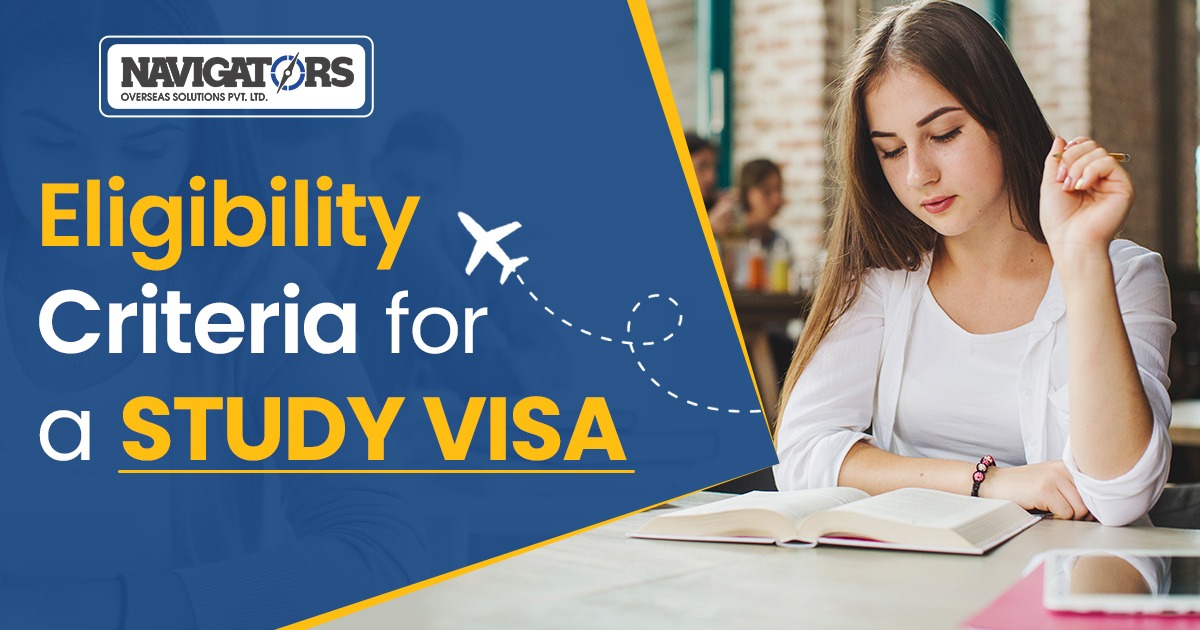 To be eligible for a UK student visa, you must:
To be eligible for a UK student visa, you must:
 When applying for a UK student visa, you will need to gather several documents, including:
When applying for a UK student visa, you will need to gather several documents, including:
